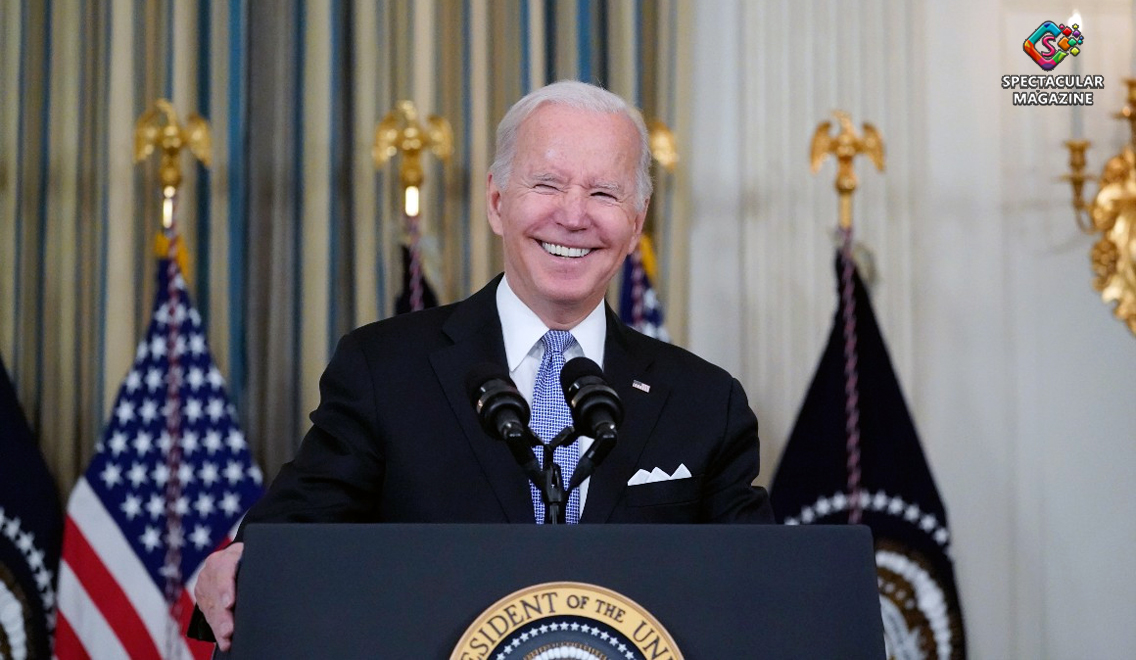Biden Hails Infrastructure Bill’s Passage After House Approves $1.2 Trillion Measure
WASHINGTON – Less than 10 months after taking office and several days after his party suffered a stinging defeat in the Virginia governor’s race, President Biden achieved one of his long-sought goals: a bipartisan agreement that would make major investments in all 50 states for years to come.
Shortly before midnight (Nov. 5), when the House of Representatives passed the bill 228-206 with the backing of more than 10 Republicans, Biden’s political fortunes appeared to suddenly change. After seeing his poll numbers slump for weeks, he had suddenly fulfilled a core campaign promise and notched a major victory after months of legislative gridlock.

“I don’t think it’s an exaggeration to suggest that we took a monumental step forward as a nation,” Biden said on Saturday (Nov. 6) at the White House, flanked by Vice President Harris. “We did something long overdue, that has long been talked about in Washington, but never actually done.”
Biden called the bill a “once-in-a-generation” investment that would create millions of jobs and improve America’s economic standing.
Biden said the measure included the most significant investment in roads and bridges in 70 years; the most significant investment in passenger rail in 50 years; and the most significant investment in public transit in history. Biden said he and Harris would have a formal signing ceremony for the measure “soon,” citing the desire for those who worked on the legislation to be able to attend.
“For all you at home who feel left behind and forgotten in an economy that’s changing so rapidly — this bill is for you,” Biden said. “The vast majority of the thousands of jobs that will be created do not require a college degree.”
“This is a blue-collar blueprint to rebuild America, and it’s long overdue.”
Biden also said both the House and Senate would soon approve his Build Back Better act.
The approximately $1.2 trillion infrastructure bill — which includes roughly $550 billion in new spending — now heads to Biden’s desk for enactment. The Senate first passed the bill in August. The measure had languished in the House for several months as liberal lawmakers sought to use their leverage over the plan to advance Biden’s larger climate and social spending bill, but Democrats reached a deal late Friday night to proceed.
The breakthrough followed a brutal election night for Democrats on Tuesday and a summer in which the White House was roiled by the messy withdrawal from Afghanistan and the surging coronavirus delta variant.
Here’s what’s in the $1.2 trillion infrastructure package
Once law, the infrastructure package would be the second major legislative achievement of Biden’s presidency, following the March stimulus law. But unlike that measure, the infrastructure package enjoyed broad bipartisan support, winning even the backing of Senate Minority Leader Mitch McConnell (R-Ky.).
The infrastructure agreement includes major new infusions of funding for roads, bridges, and highways; tens of billions of dollars to expand passenger and freight rail; the biggest source of new funding to revamp the nation’s drinking system; and tens of billions for its power grid, among other measures.
Feature image credit: President Joe Biden speaks about the bipartisan infrastructure bill in the State Dining Room of the White House on Saturday. | Alex Brandon/AP Photo


